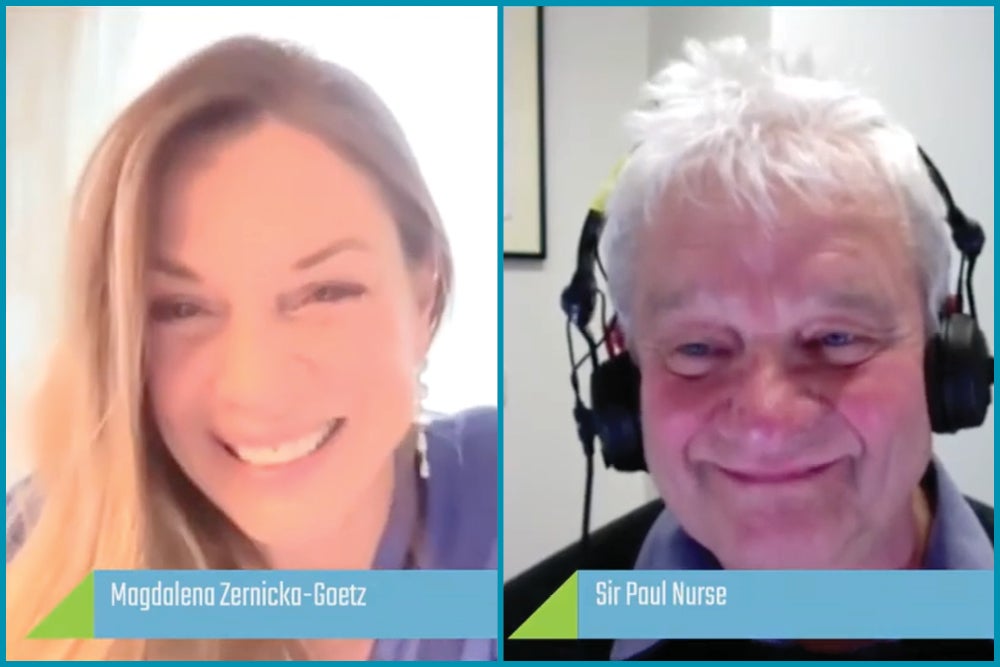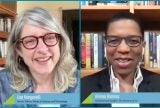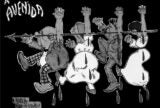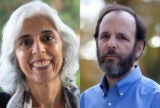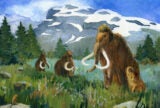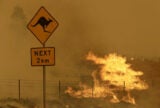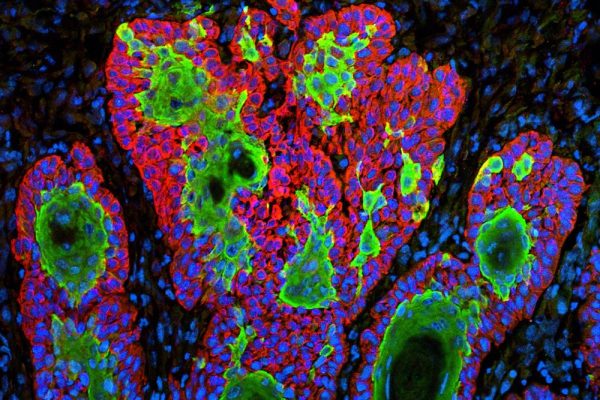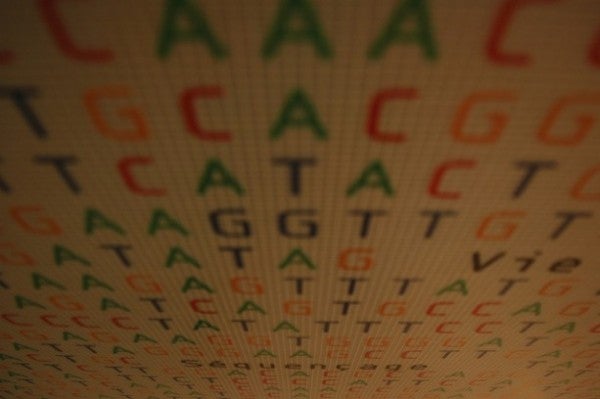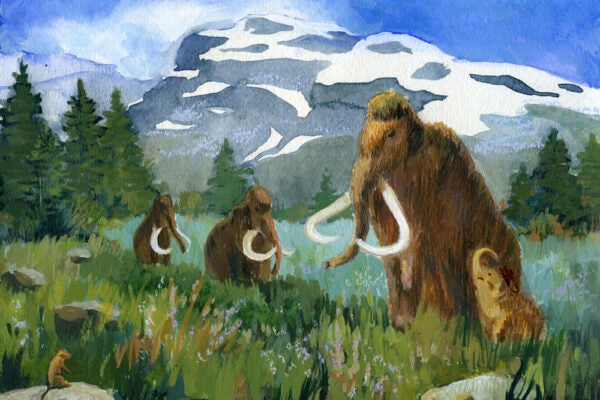What Is the Meaning of Life?
For Sir Paul Nurse, Creativity and Community Are Essential Building Blocks
What does it take to create meaning in our lives? According to Sir Paul Nurse, a Nobel laureate geneticist and author of What Is Life?, supporting family and community as well as improving the world for others are key to fulfillment.
Nurse, currently the founding director and CEO of the Francis Crick Institute, visited Zócalo yesterday with Caltech developmental biologist Magdalena Zernicka-Goetz, author of The Dance of Life, for a conversation that reflected on his scientific and philosophical insights into human life throughout his career as a geneticist. The Zócalo/Caltech event …




